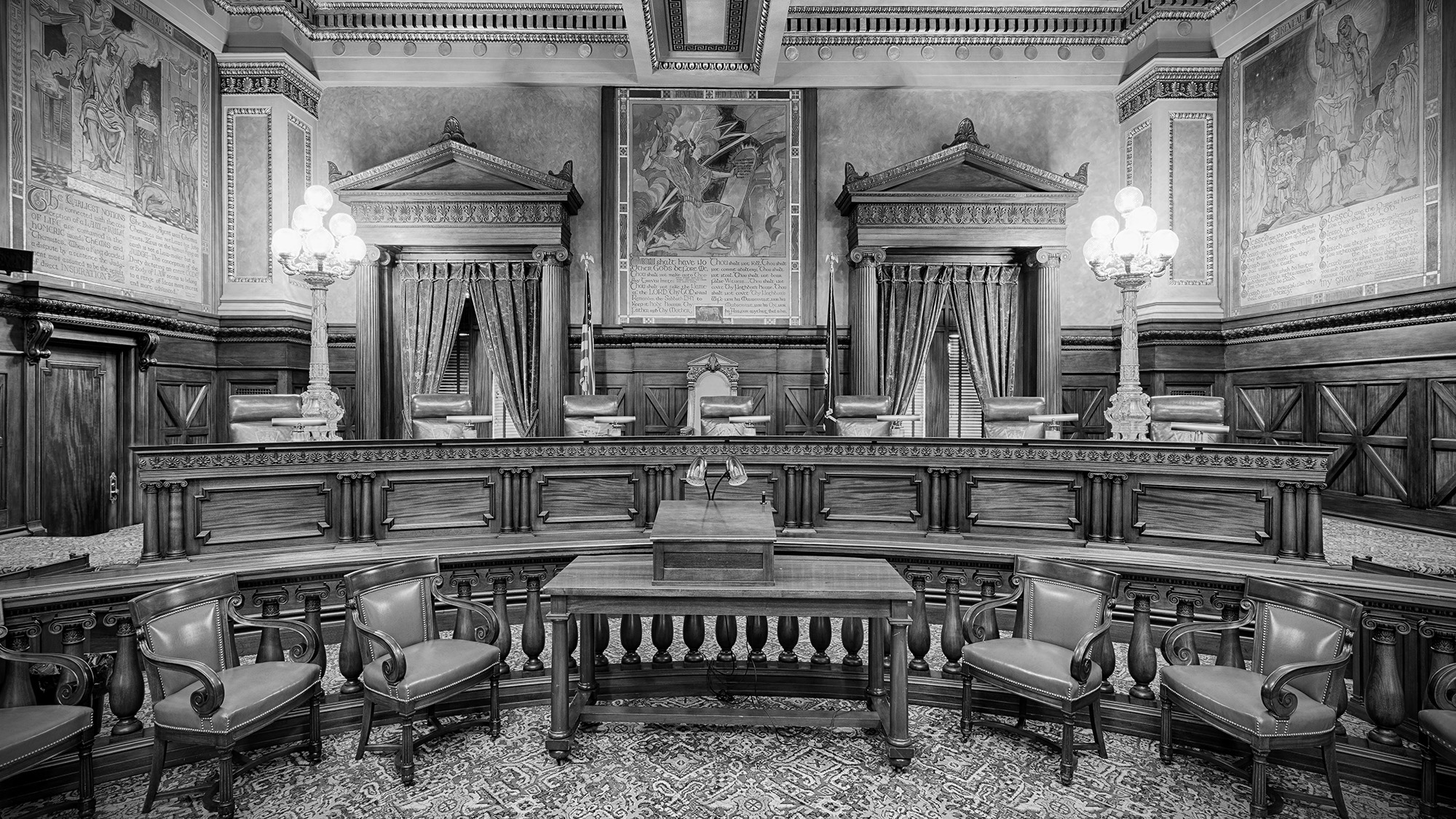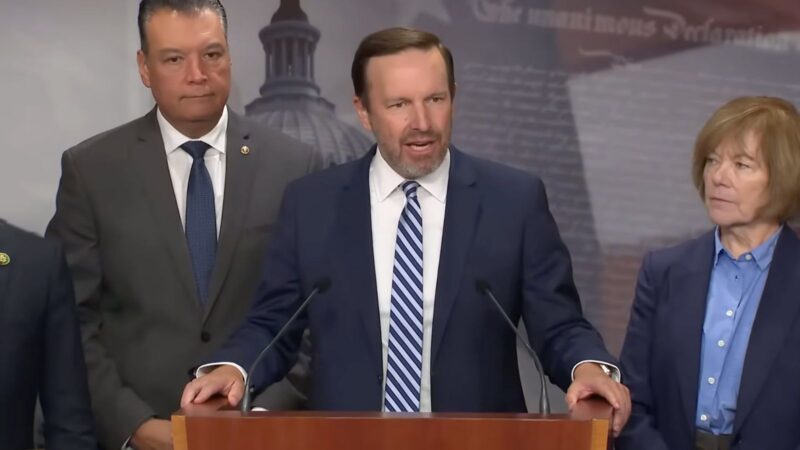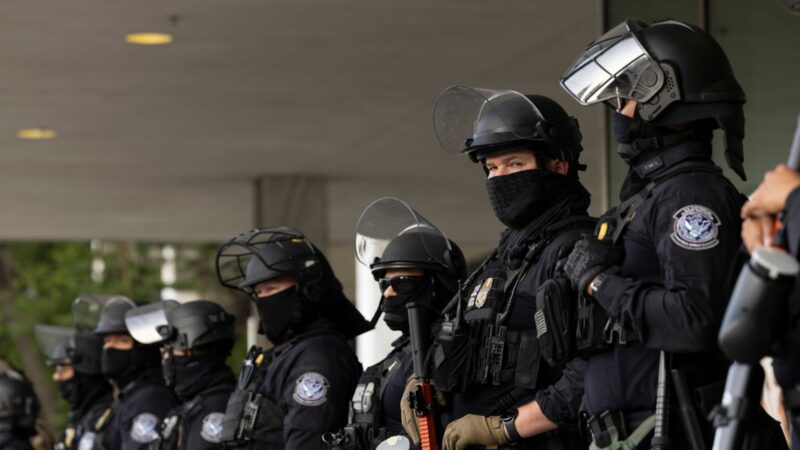All eyes on Pennsylvania: Upcoming court elections will impact the 2024 election and beyond
- August 8, 2023
Judicial elections in the state are poised to have a major influence on U.S. democracy.

Last April, Wisconsin voters overwhelmingly rejected the candidacy of Dan Kelly, a staunch supporter of former President Donald Trump who advised the state Republican Party on its fake electors plot, for a vacancy on their state Supreme Court. That heavily funded campaign — the most expensive ever for a state supreme court race — was covered extensively by state and national media due to its potential implications for the 2024 presidential election. This November, Pennsylvania voters will weigh in on statewide judicial vacancies of equal importance: one for the Commonwealth Court and one on the Supreme Court.
The Supreme Court vacancy, created by the death of Chief Justice Max Baer in 2021, is particularly vital to the health of Pennsylvania’s democracy. The race hinges on many of the same issues relevant to the Wisconsin race, and therefore merits the same level of media scrutiny and public attention.
Importantly, while the outcome of this election will not change the partisan composition of the Supreme Court of Pennsylvania, the newly elected Justice will have the power to shape election policies statewide. Over the past decade, the Court has decided critical cases on a broad range of democracy issues, including election certification, voting rights, and partisan gerrymandering. In the weeks following the November 2020 election, the Supreme Court of Pennsylvania quashed two major challenges to Act 77, a law passed in 2019 that expanded mail-in voting. The reform provided a critical path for voters to safely cast their ballots during the COVID-19 pandemic, and a popular one too — an incredible 2.6 million Pennsylvania voters (representing nearly 40% of state ballots cast) chose to vote by mail in the 2020 general election.
Read the full report: Democracy on Trial: The Role of Pennsylvania’s High Courts in 2024 and Beyond Read the full report: Democracy on Trial: The Role of Pennsylvania’s High Courts in 2024 and Beyond
The first decision, issued on November 23, 2020, allowed ballots with missing handwritten information on outer envelopes to be included in county vote totals. While the Justices agreed that the Election Code required those details, it was not in the public interest to throw out thousands of votes on mere technicalities. In its second ruling, issued on November 28, 2020, the Supreme Court vacated a Commonwealth Court decision to temporarily halt certification of the election, a critical step in appointing Pennsylvania’s Electoral College, while rejecting arguments that Act 77 violated the state’s constitution on its face.
Taken together, these two decisions ensured that the voices of Pennsylvania voters were heard in a close, critical election. But that has not stopped new efforts to challenge the law and its administration by state and county election officials. Despite a subsequent ruling from the Supreme Court of Pennsylvania on August 2, 2022 upholding Act 77 as constitutional, a fresh challenge to the law was recently dismissed by the Commonwealth Court.
Looking ahead, the Judiciary will remain the key branch in interpreting the administration of election laws. Given the current deadlock in the state’s capitol over the budget for the upcoming fiscal year and the likelihood that the General Assembly will be unable to agree on even basic fixes to the election codes, the courts are poised to play a huge role in the administering of the 2024 election. Significant questions remain over whether counties may notify voters of immaterial defects to their mail-in ballots and provide an opportunity to correct those mistakes prior to election day, or whether those voters may cast a provisional ballot instead — questions critical to the outcome of the 2024 election, which may be answered by the Supreme Court of Pennsylvania in the coming year.
With three of the Supreme Court’s seats up for retention votes in 2025, experts note that this year’s election could set in motion a swing in the balance of the Court to a more strict interpretation of state election law. For Pennsylvania voters, that means this critical race could determine whether their ballots are counted in 2024 and subsequent elections. Establishing where candidates stand on the nonpartisan and professional administration of election law is of paramount importance, and journalists should ask tough questions of the two candidates in this race. The stakes for democracy in the Keystone State are too important to ignore.
For a more detailed analysis of the role of Pennsylvania’s judiciary in democracy, read our full report on the subject: Democracy on Trial: The Role of Pennsylvania’s High Courts in 2024 and Beyond.
Related Content
Join Us.
Building a stronger, more resilient democracy is possible, but we can’t do it alone. Become part of the fight today.
Donate
Sign Up for Updates Sign Up for Updates
Explore Careers Explore Careers
How to Protect Democracy How to Protect Democracy

